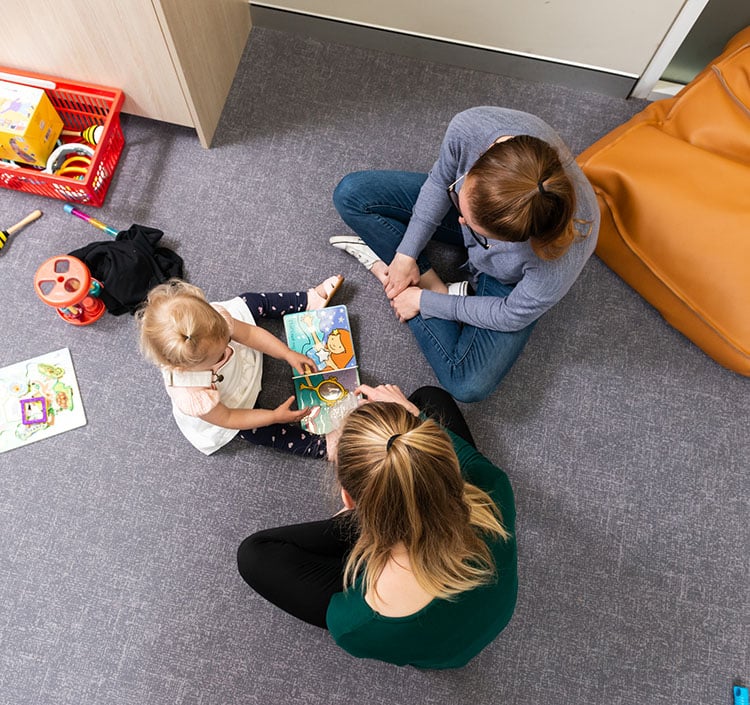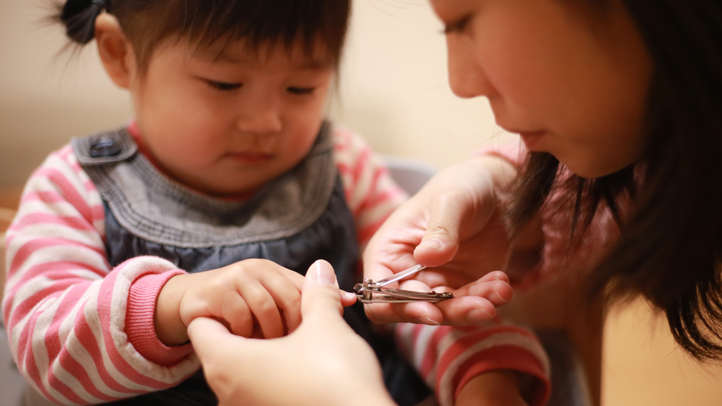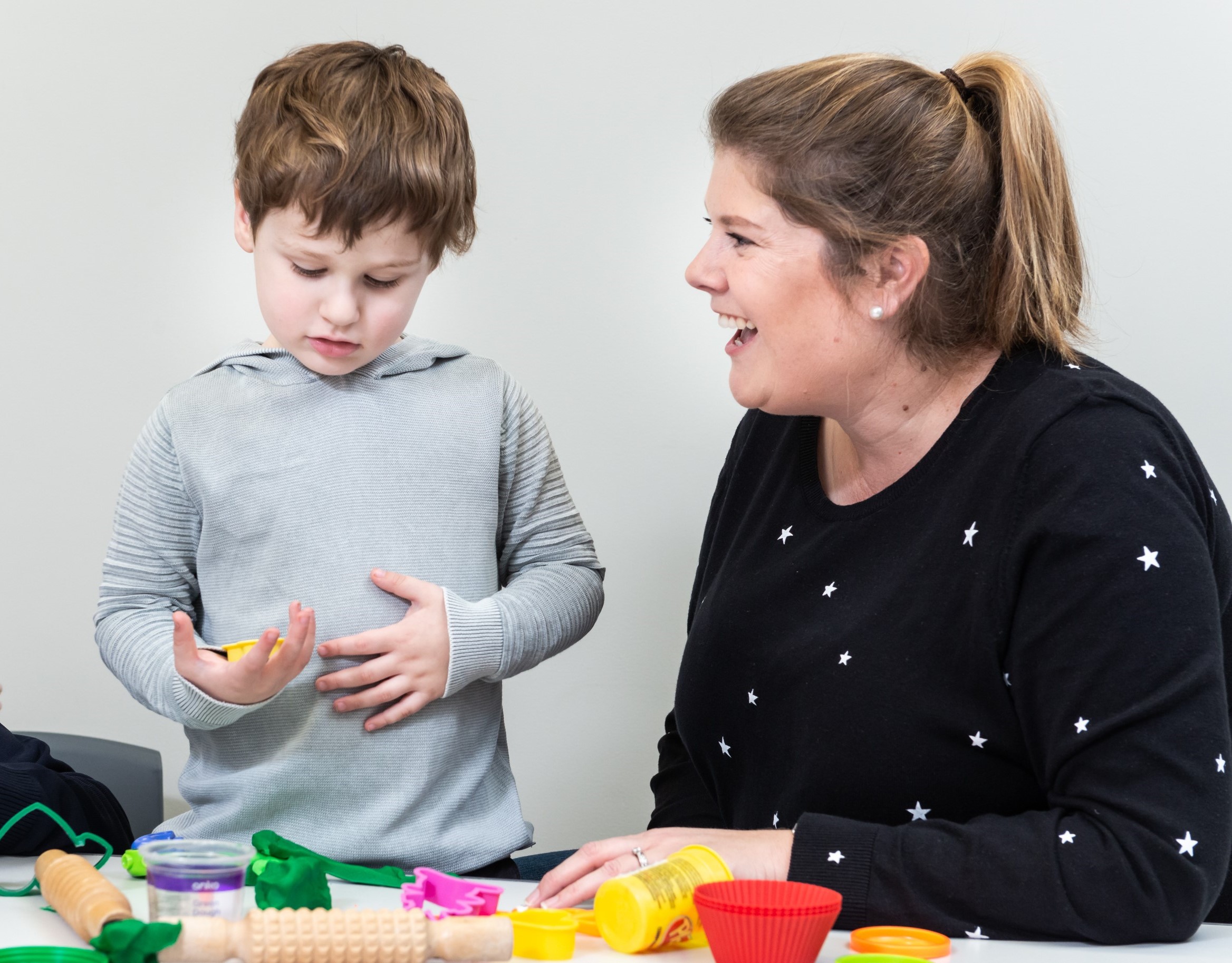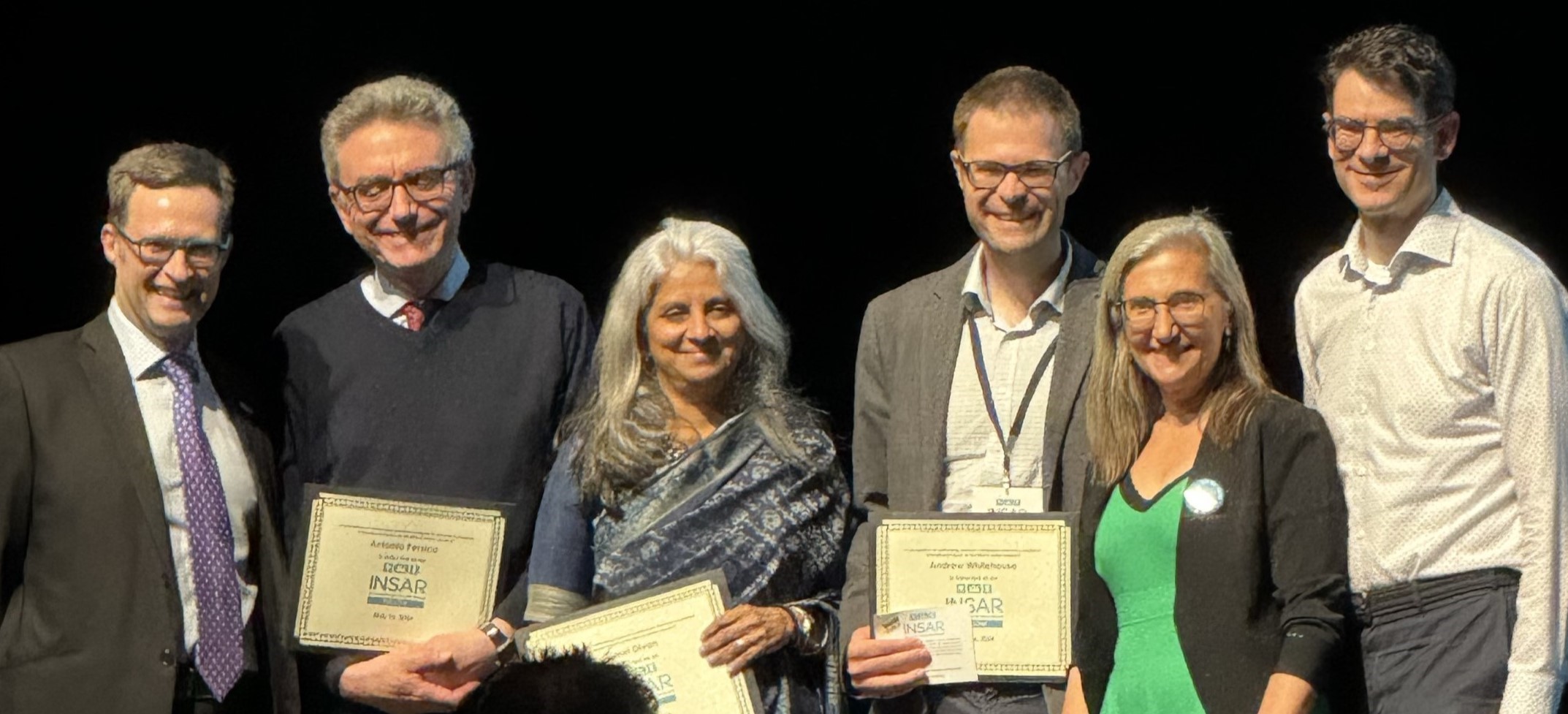Search

Get involved in a real-life research project

News & Events
History of OT in AustraliaIn this blog, Curtin University Occupational Therapy students Julia Walker and Mandy Bull delve into the history of Occupational Therapy in Australia.

News & Events
Cutting nails – Steps to building independenceIn this blog, Curtin University Occupational Therapy student Julia Than discusses how to make nail care an important part of a child's self-care routine.

News & Events
Unpacking PACT - a program supporting child communicationIn this new blog, Senior Speech Pathologist and PACT therapist/trainer Sally Grauaug discusses the benefits of PACT, how it works and how clinicians become certified PACT therapists.

News & Events
ABC Radio Perth DRIVE interview with Andrew WhitehouseProfessor Andrew Whitehouse recently spoke with ABC Perth’s Geoff Hutchison and Andrea Burns, Postgraduate Broadcasting Academic at ECU, for their ‘What Just Happened?’ segment which involves sitting down with a prominent Perth figure to get a sense of their life story and what matters most to them.

News & Events
Being social (or not!) in play, any way is OKThis is the second blog in our new series about what play is and its importance.

Neurodiversity refers to the different ways that people experience and interact with the world around them. Each person’s brain works differently, meaning no two brains are the same.

News & Events
Accolades for AndrewProfessor Andrew Whitehouse was recently inducted as a Fellow to the International Society for Autism Research, making him just the fourth Australian to be bestowed the honour.

News & Events
New clinicians at CliniKidsWelcome to Natalie and Linda who have joined the CliniKids team. The clinicians work between our Subiaco and Joondalup clinics.
